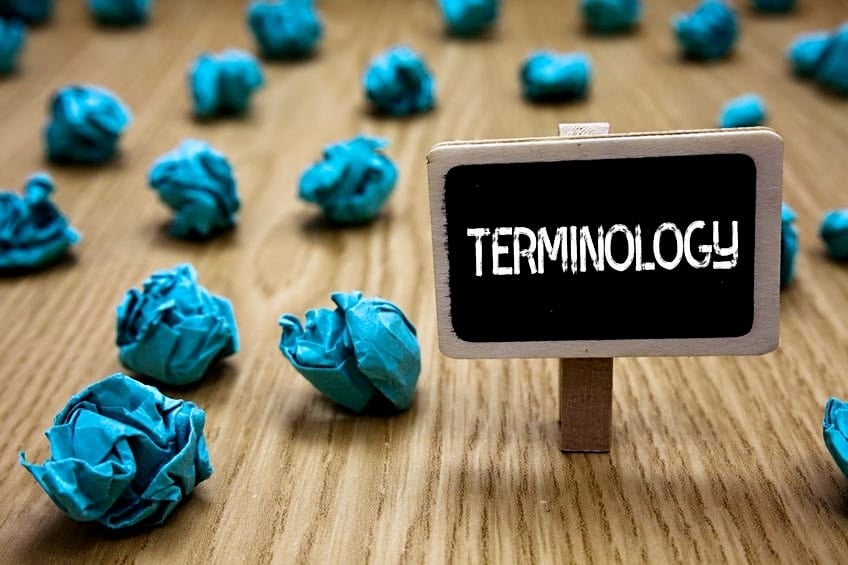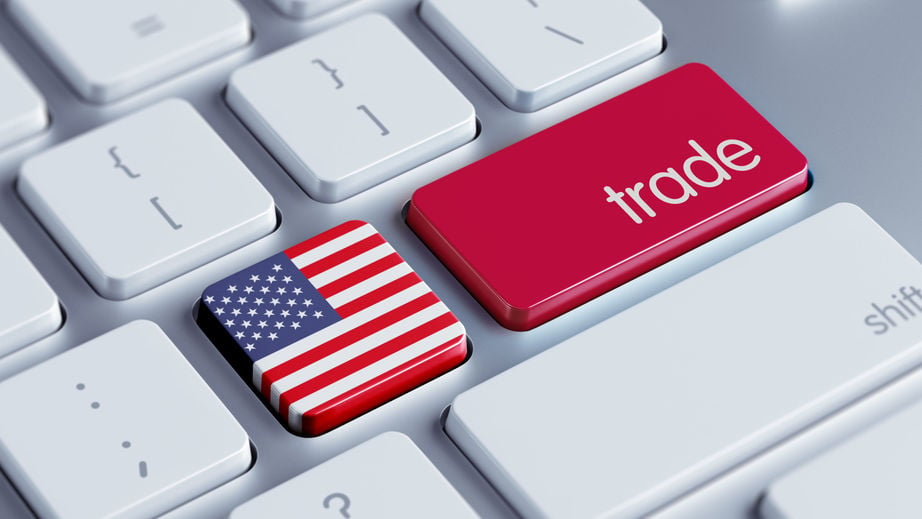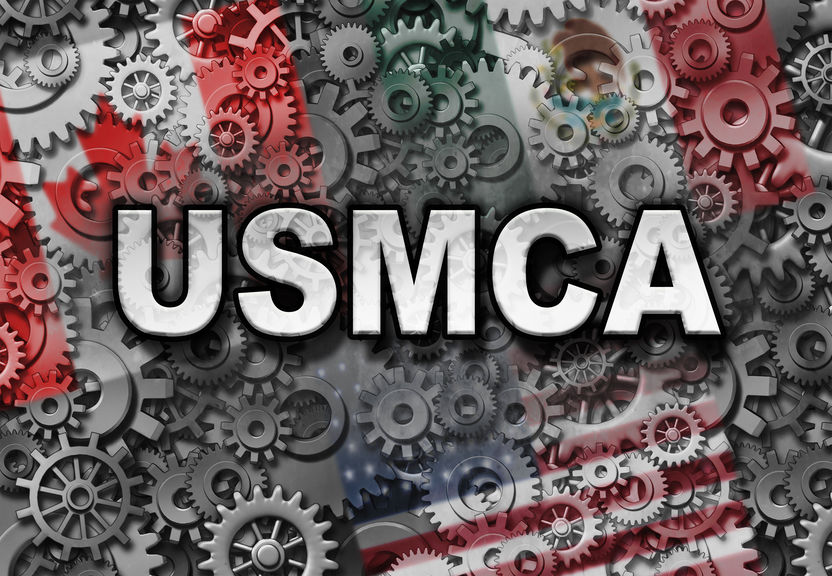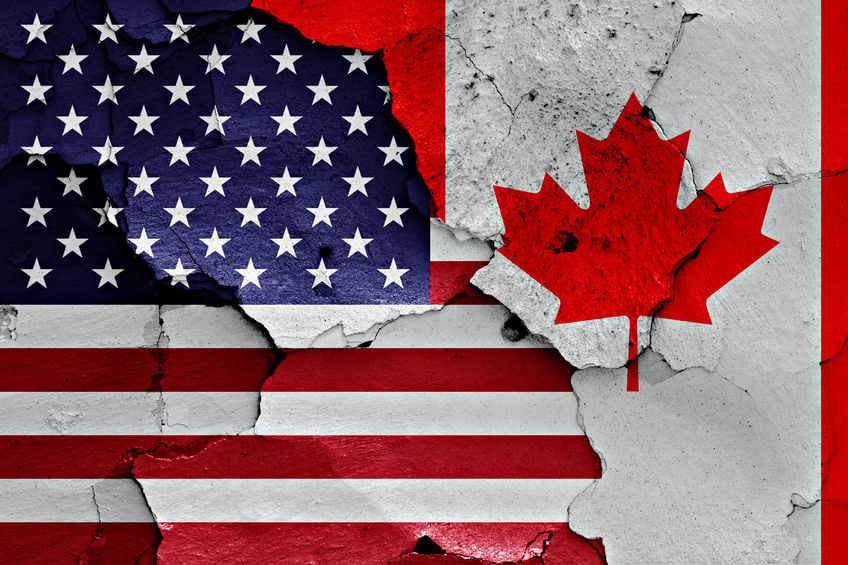We share hands-on advice for everyday trade and logistics challenges. Access insights and actionable strategies that drive certainty, continuity, and compliance across your operations.
New food safety regulations on the way

Just a reminder – on January 15, 2019, the Safe Food for Canadians Act and Regulations (SFCR) will come into effect. Anyone importing, exporting or handling food should become familiar with the changes and understand how the new regulations will affect their business.
Blockchain, Distributed Ledgers and Data – Oh My!

Technology is king. More and more aspects of our lives are going digital and online. Not surprisingly, the shipping industry is being swept up in the tech wave, too. Have you heard of blockchain? It’s starting to catch on among shipping companies as a way to encrypt, store and transmit data.
CBSA Acronyms - Part 3

Every industry has its jargon and insider-speak. Shipping and logistics is no different. Thankfully, when you get bogged down in letters that just don’t add up, help is at hand – your friendly Cole customs broker will gladly field your questions; CBSA’s “frequently used” acronym list with definitions is online, and.
Safe Food for Canadians Act and Regulations: The Nitty Gritty

The Safe Food for Canadians Act and Regulations (SFCR) will come into effect on January 15th, 2019. We reviewed some of the details of SFCR in a previous blog post, but you may still have questions, like… “Will the new regulations come into effect all at once?” “Will these changes affect my small business?” “Do the.
Exporting out of the U.S.

Anyone that exports goods from the U.S. with a commercial value over $2,500 is required to file export information prior to the goods leaving the U.S. via the Automated Export System (AES). What's involved? Read on to get the facts on this important (and relatively new) requirement.
A new "NAFTA"... The USMCA

After more than a year of intense meetings and negotiations, Canada, the U.S. and Mexico have tentatively settled on a trade deal to replace NAFTA. In the final round of meetings that concluded at the end of September, the United States-Mexico-Canada Agreement (USMCA) was unveiled, sporting changes in the following.
U.S. Steel and Aluminum Surtax

As many Canadian importers know, Canada applies a surtax to many goods of U.S. origin that were previously duty-free, including steel and aluminum. This was done as a countermeasure to the U.S. adding tariffs on many Canadian products in 2018.
Canadian Customs Bonds

If you are involved in the import, export, manufacturing, sales or distribution of goods in Canada, you may need a Canadian customs bond in order to move your goods across the border.
7 fun facts you didn't know about the shipping industry

Shipping is a global industry that has influenced our society since ancient times... but that most people give little thought to. It hardly seems fair to take it for granted, though, given the indispensable role it plays in our lives.

